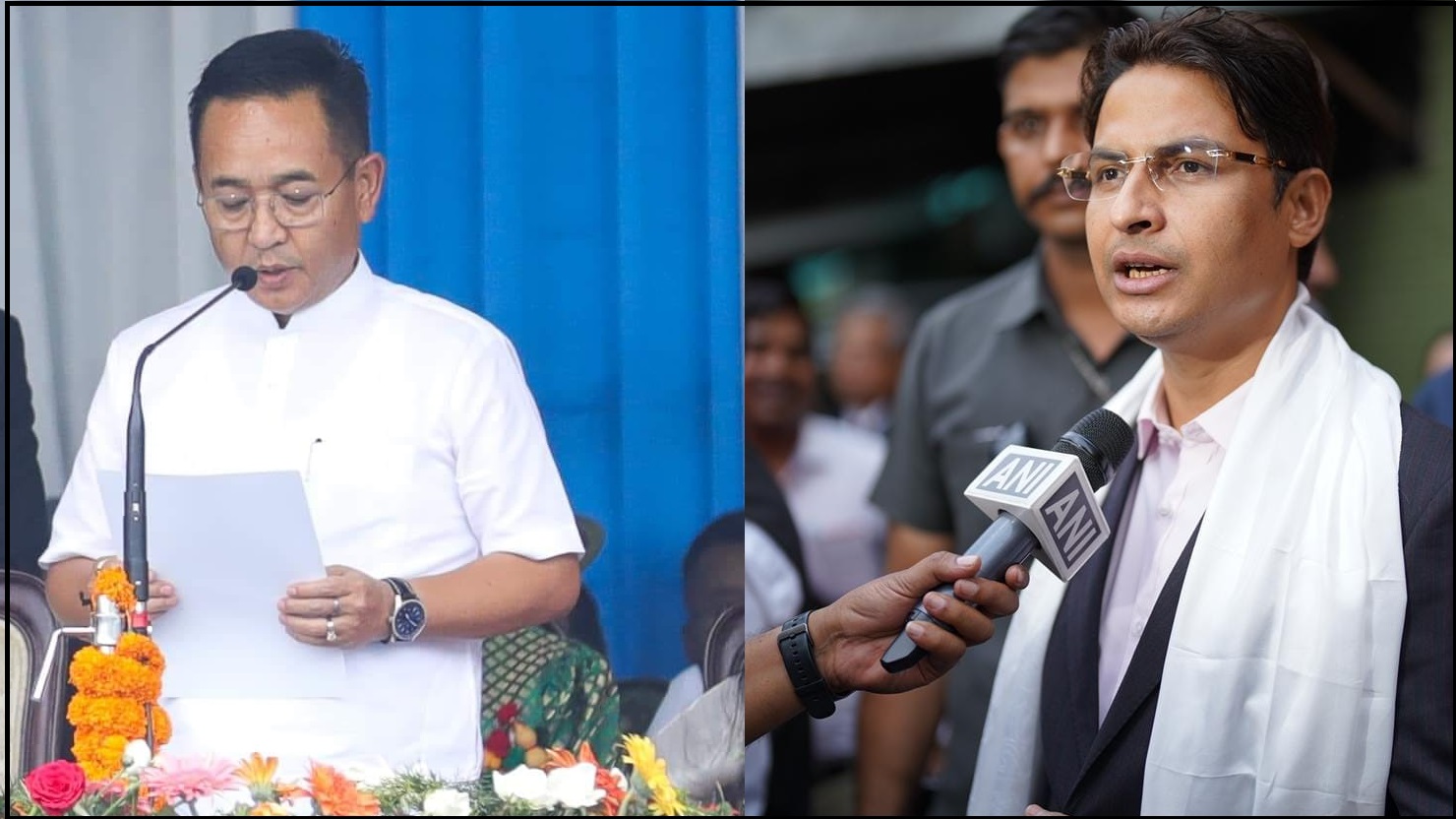
In India, the media can play a crucial and influencing role in resolving criminal cases. The media is essential for acquiring and disseminating crime-related information that can help with case investigation and resolution. The following are some ways that the media helps India’s police departments solve crimes:
Public Awareness: Media outlets like newspapers, television, and online news sources contribute to raising awareness of crime incidences and wanted criminals in the general public. Media sources inform the public and entice them to disclose any pertinent information they may have by outlining crime hotspots, offering suspect descriptions, and reporting on active investigations. This may result in the identification of witnesses and suspects, ultimately aiding in the case’s resolution.
Communication with the public through the media is essential for law enforcement authorities in terms of information dissemination. Police agencies frequently use the media to issue statements, news releases, and information requests. Media helps reach a wider audience by circulating this information, boosting the likelihood of receiving tips or leads that can assist in solving crimes.
Pressure and Sensitization: Media coverage can influence the public’s perception of the seriousness of crime and the necessity of justice. Significant media coverage of high-profile instances puts public pressure on law enforcement to find the offenders. Investigators may decide to increase their efforts and use additional resources to expeditiously solve the case as a result of the increased pressure.
Public engagement: Media outlets often promote public engagement by airing documentaries, chat shows, and programming about crime. These programs not only educate viewers about criminal issues, but they also provide residents the chance to come forward as witnesses or offer important information. Media-driven initiatives like “Crime Stoppers” or hotlines dedicated to reporting information about crimes further promote public involvement in case-solving.
Support for investigations: In some circumstances, media organizations may conduct their own inquiries and find information that law enforcement authorities may have missed. Investigative reporting can highlight injustice, loopholes in police investigations, or corruption, forcing authorities to take corrective action. This joint effort between the media and law enforcement may increase the likelihood of successfully resolving difficult cases.
Investigation Assistance : It is crucial to remember that any media coverage of criminal investigations must be morally correct and responsible. The fair trial process and ongoing investigations may suffer if information is sensationalized or misrepresented. Accurate reporting, preserving the privacy of witnesses and victims, and refraining from meddling with the court system should all be priorities for media companies.
As a result, the media in India contributes significantly to the resolution of criminal cases by increasing public awareness, disseminating information, exerting pressure on the government, promoting citizen involvement, and supporting investigations. Media organizations can make a substantial contribution to the conclusion of criminal cases and the administration of justice by efficiently using their platforms.





